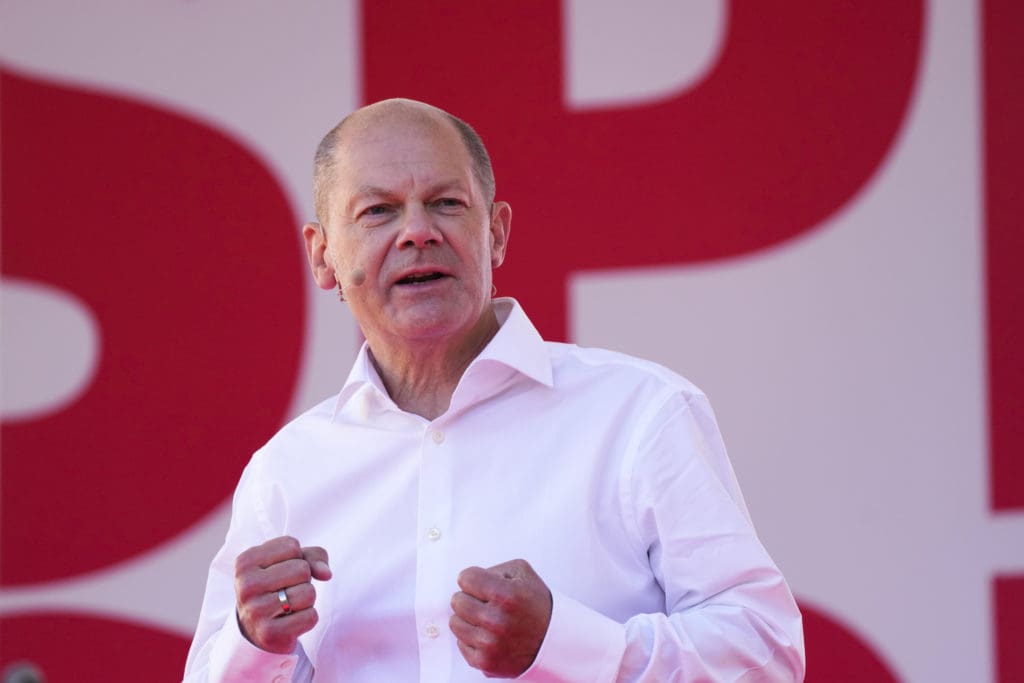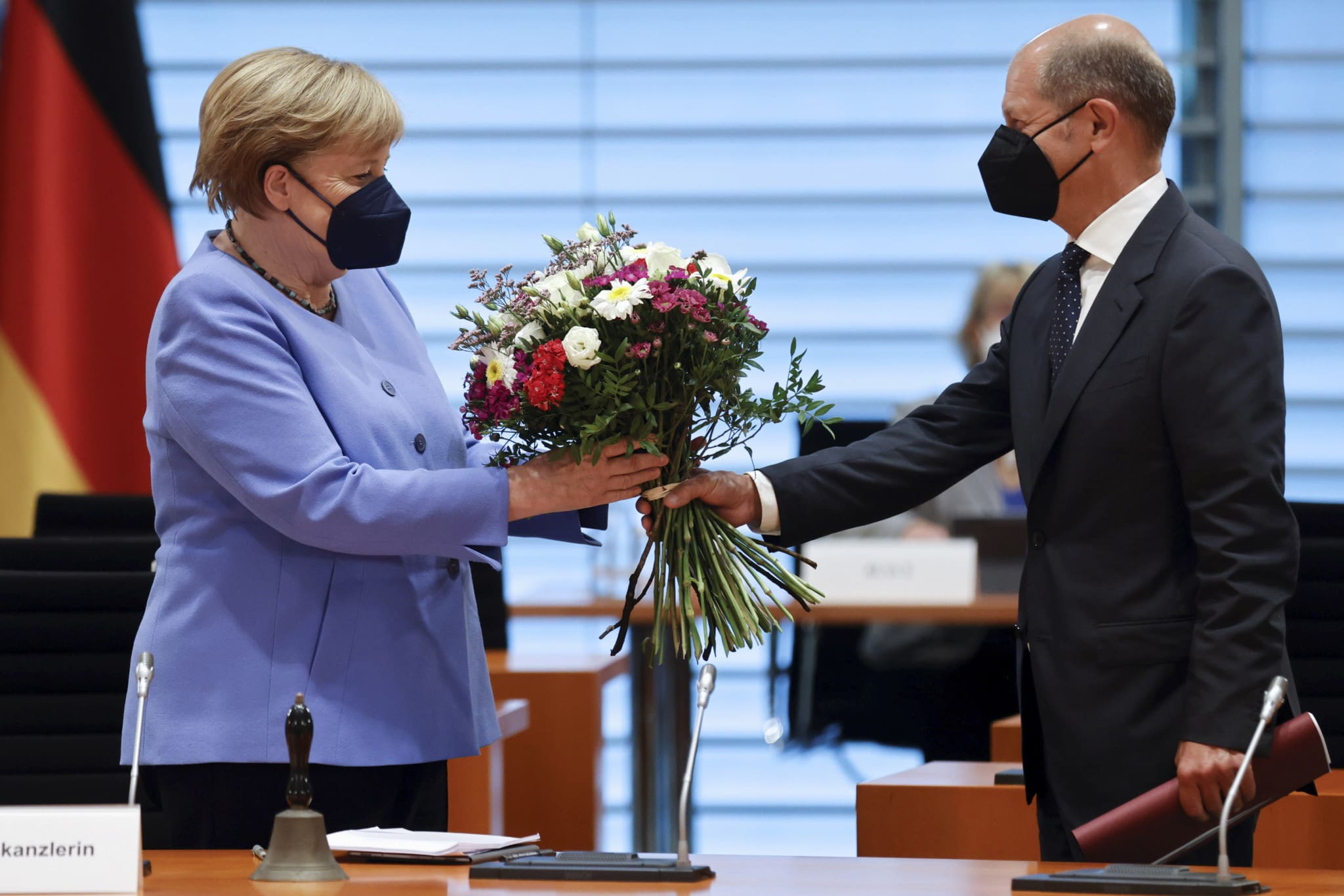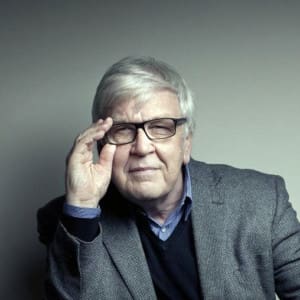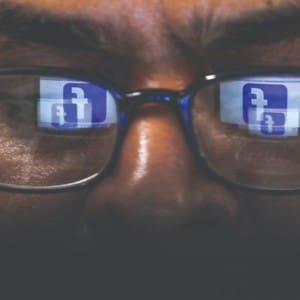The answer about the true heir to Merkel should be obvious. After all, the CDU/CSU coalition that Merkel has been leading for some 16 years has a clear candidate of its own. However, the outgoing chancellor’s last speech in the German Bundestag shows that the question is more complicated than one might think.
The farewell speech itself did not disappoint anyone familiar with Merkel’s super-cautious style and lack of flare, yet it did contain two noteworthy points. The first was her warning that the left is bound to return in case her party is unable to form the next government. The second was her uncharacteristically strong effort to distance herself from the leader of the Social Democrats (SPD), Olaf Scholz.
In the case of the first point, Merkel was factually referring to the possible inclusion of the Left Party (Die Linke), the modernized communist continuity party, in a potential left-wing government. Some commentators saw the irony in Merkel’s warning against the left’s comeback, given that she is often viewed as the one who turned her own party, a Christian democratic civic movement into a pro-migration, radical gender, pro-LGBT, and environmental politics-obsessed political force.

However, it was the second point that raises the pressing question as to why Merkel felt the urge to distance herself from the leader of the Social Democrats at all. The Frankfurter Allgemeine Zeitung (FAZ) summed it up in an article perhaps better than any other, where the paper claims that Scholz has been signaling towards the German electorate his desire to be viewed as Angela Merkel’s natural successor. He has even been seen holding his hands in the typical trademark Merkel diamond-shaped pattern. The rationale behind this is fairly clear: Merkel is still very popular among voters, and Scholz may want to capitalize on this to his own advantage.
But is he really a Merkel disciple?
According to the FAZ, they do share some commonalities, such as patience and their ability to maintain power. They both had the ability to wait for the right moment on their way to power: while in Merkel’s case this was the departure of Helmut Kohl, for Scholz the stepping down of Angela Merkel is the opening that he has been waiting for. They are both ideologically flexible, meaning that they are capable of linking up with trends prevalent in modern society, and they are not very choosy when creating political alliances, either. Scholz has, for example, been criticized by the CDU leadership for not distancing himself from a possible coalition with the far-left Die Linke, but also drew ire from the ranks of his own party for keeping the door open for potential cooperation with the liberal FDP.

On the other hand, Merkel, the daughter of a Protestant pastor, has a very particular work ethic that puts one’s duties above all else, and she regards debt as something morally unacceptable. She was therefore fiscally more conservative than a potential chancellor Scholz is expected to be, who is known to have placed more emphasis on the role of a generous state in the economy. Yet again, the minds of both politicians meet in the understanding that the private sector should play a decisive role in large infrastructure projects, such as building social housing or environmental development.
But what about the next in line, the CDU-CSU’s candidate, Armin Laschet? Some commentators make jokes about Merkel’s hapless appointee for surpassing expectations in ushering in the demise of his own party in record time. According to the political news portal Tichy’s Einblick (TE), the decline of the CDU since the appointment of Laschet has been dramatic. Laschet is maneuvering his way into the Chancellery simply by waiting and without having any plans of his own, and therefore he is predicted to lead the CDU into political oblivion.
According to TE, with his unlimited adaptability, Laschet embodies the model opportunist who is open for cooperation with anyone, left and right, even as far as anti-Western representatives of conservative Islam. With this attitude, he symbolizes the “complete arbitrariness of Angela Merkel’s politics with a brilliant virtuosity”.
Considering that a radical leftist government coalition is highly likely in Germany, the TE calls Laschet “the bankruptcy administrator for his party”. Yet, given that Merkel did her best to stop the CDU from setting itself apart from its political competitors for years, German society should not experience a sudden political shock at all. Apart from the 11 percent polling speck of right-wing politics represented by the AfD, the German political landscape has become a homogenous space, and should any of the major left-wing parties win in two weeks’ time, the transition from a CDU swept to the left by 16 years of Merkelism might not even make any ripples capable of registering with the German electorate.






